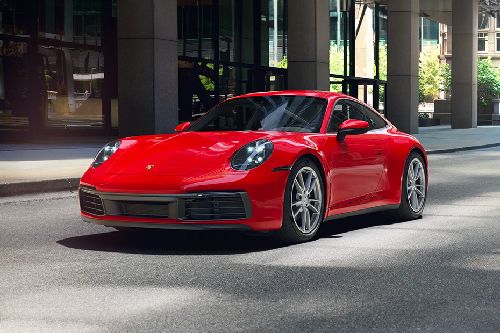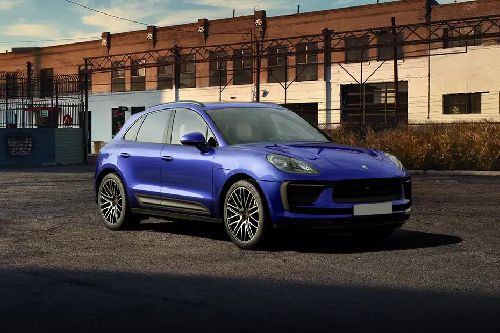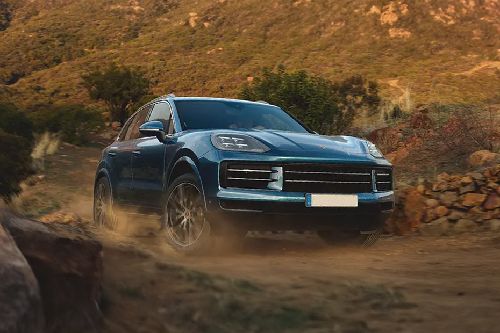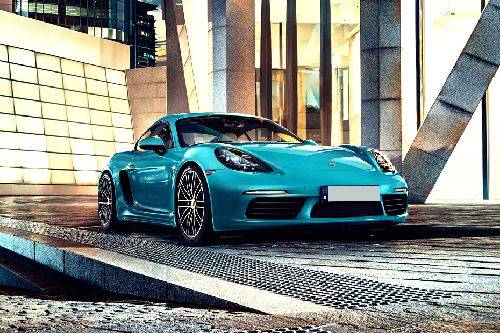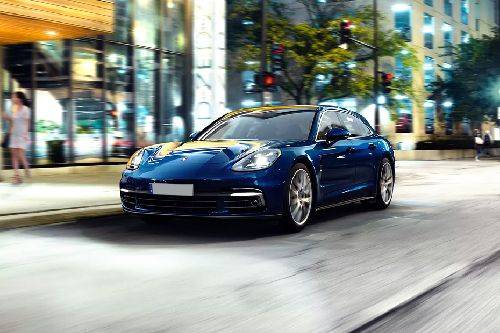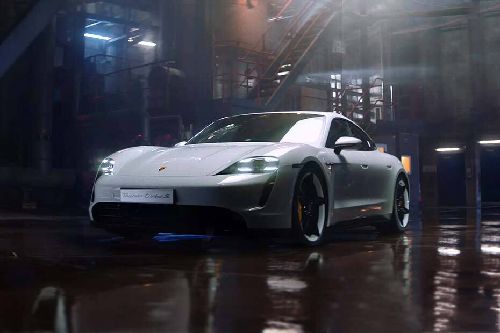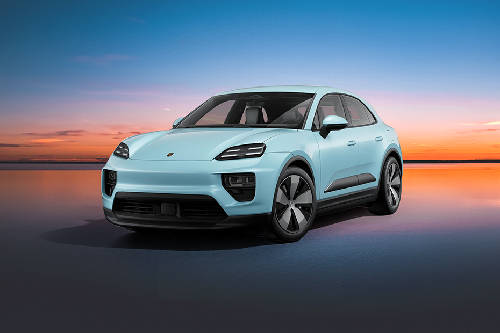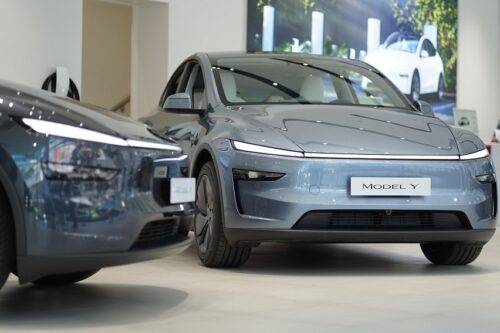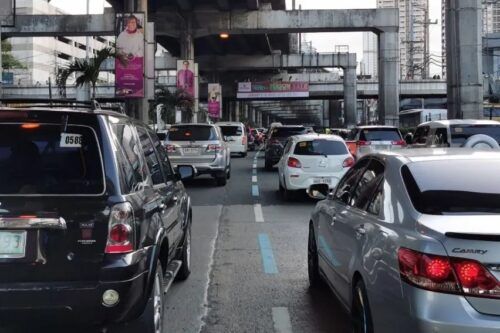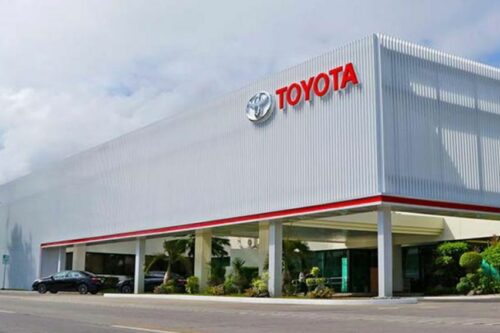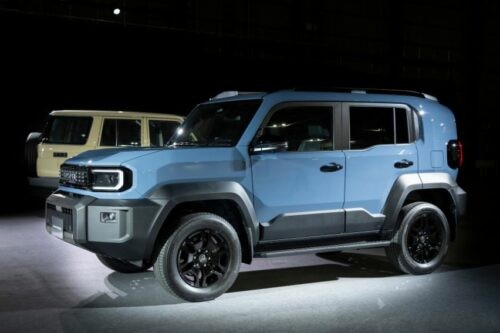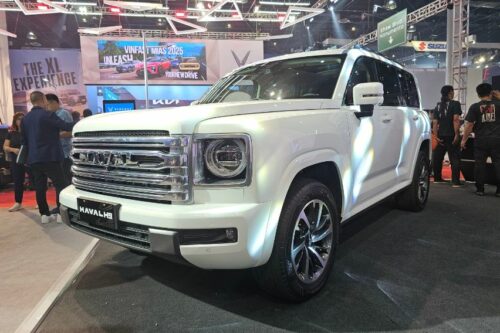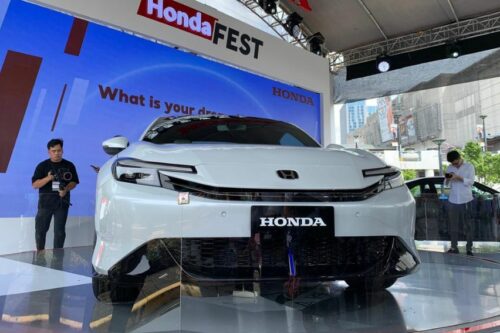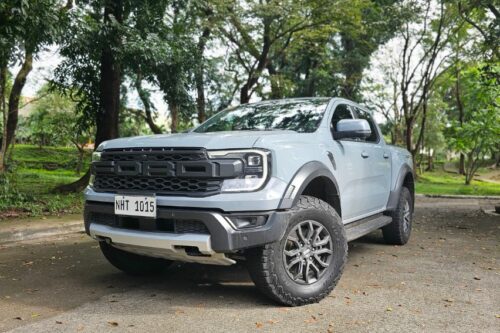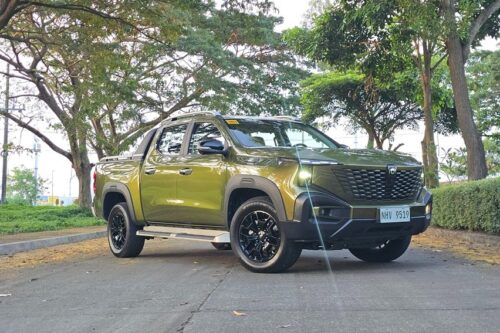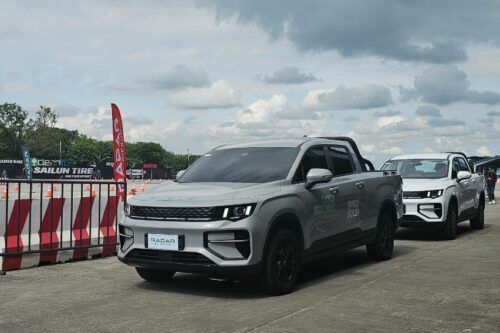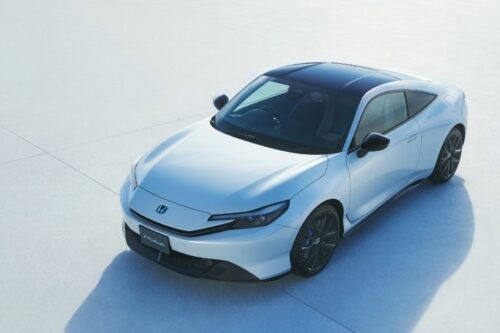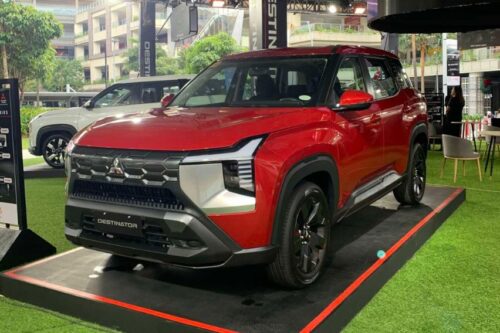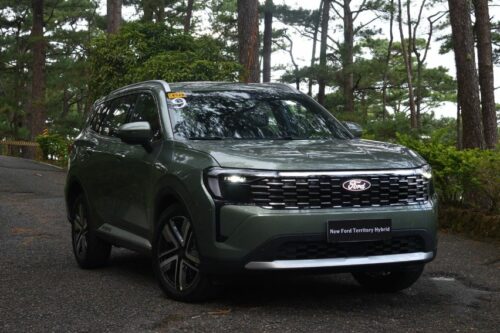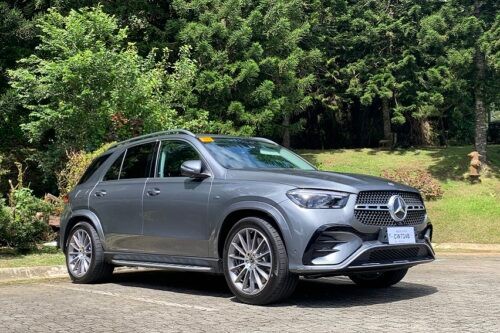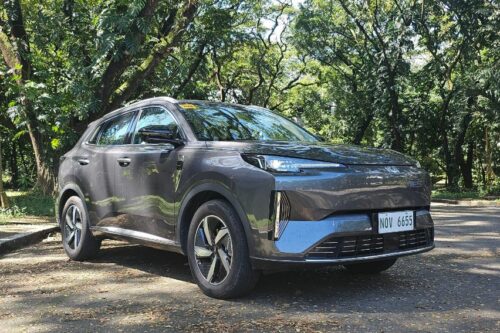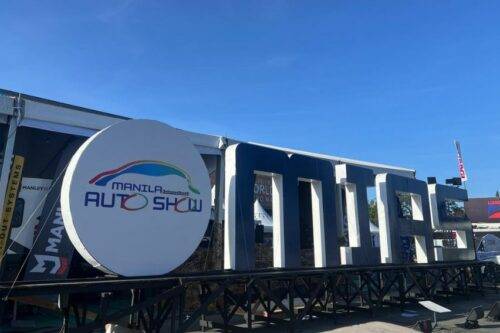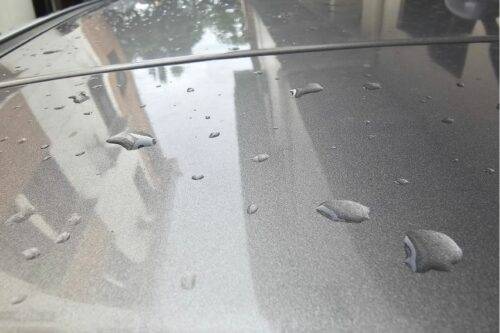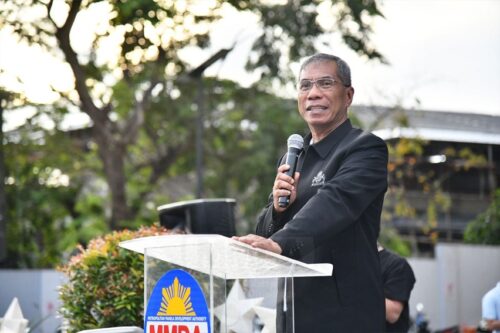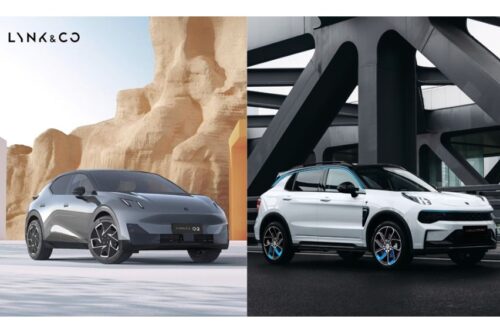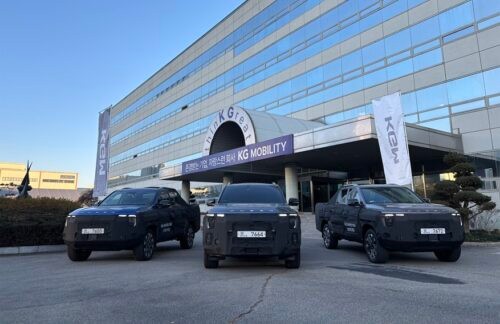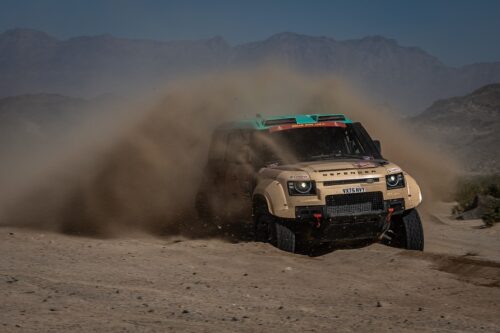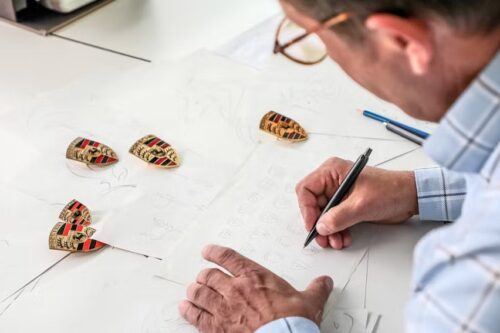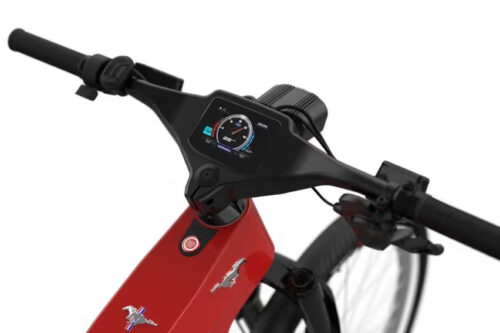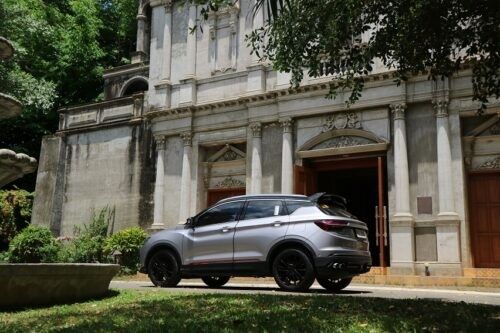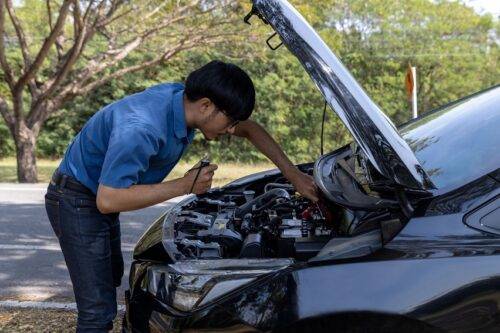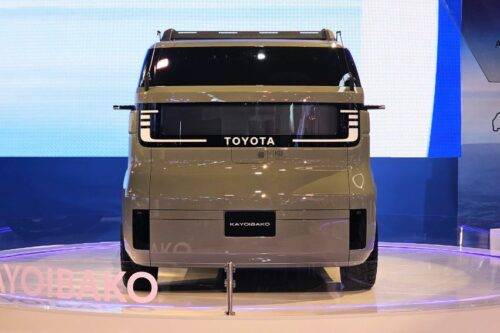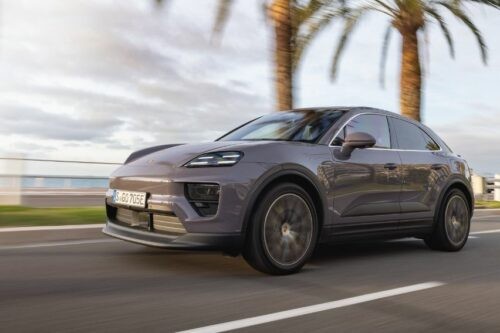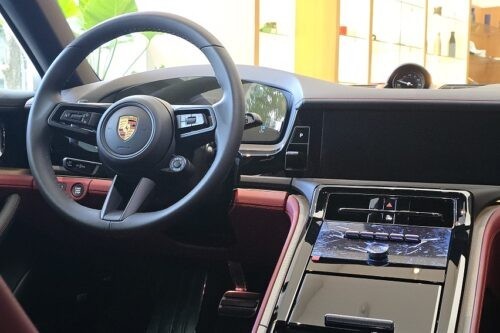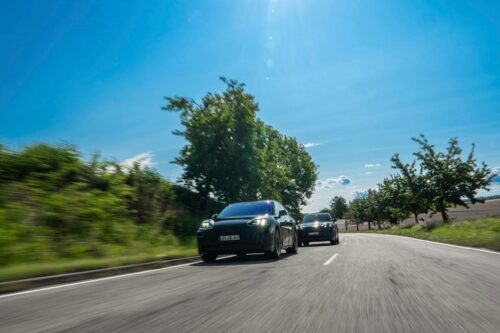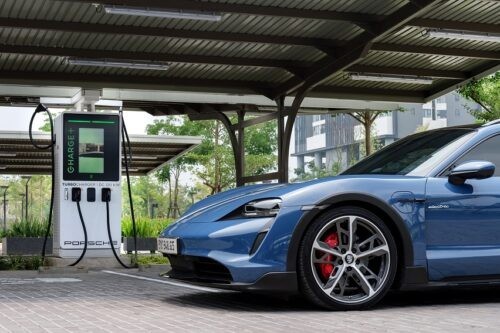Porsche restores original 959 Paris-Dakar rally car
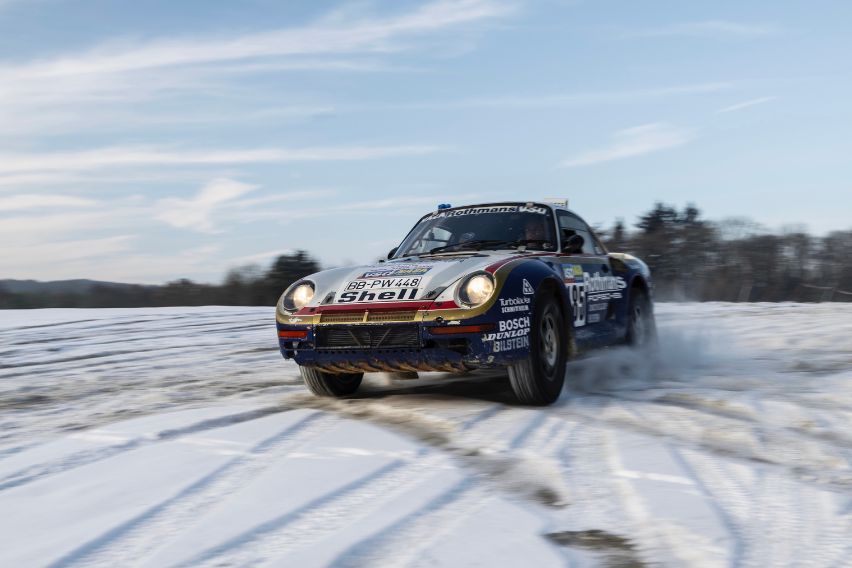
MANILA: In 1986, the Porsche 959 Paris-Dakar won the arduous rally from France to West Africa. The 959, in which Jacky Ickx and Claude Brasseur placed second to the French duo of René Metge and Dominique Lemoyne, who won the race in a similar vehicle, is now ready for another drive. The Porsche Heritage and Museum team and their colleagues from Porsche Classic have been working on the restoration over the past few months. The multi-part documentary 959 Paris-Dakar provides fascinating insights into the restoration process.
KEY TAKEAWAYS
How did the restored Porsche 959 Paris-Dakar perform in the Paris-Dakar Rally in 1986?
The Porsche 959 placed second in the Paris-Dakar Rally in 1986.Where will the restored Porsche 959 Paris-Dakar be exhibited?
The vehicle will be on display at the Retro Classics event in Stuttgart from February 23 to 26, 2023 as part of the 75 Years of Porsche Sports Cars special exhibition.Trucks and all-terrain vehicles dominated the Paris-Dakar Rally starting lineup in 1986. The third 959 from Zuffenhausen, a service vehicle driven by project manager Roland Kussmaul and Wolf-Hendrik Unger, came in sixth. The complete trio has been maintained and is still part of the collection at the Porsche Museum.
“The winning car remains untouched and we keep it in a kind of time capsule, so to speak, with all of the physical traces of the rally preserved for as long as possible,” Porsche Heritage and Museum Workshop Head Kuno Werner stated.
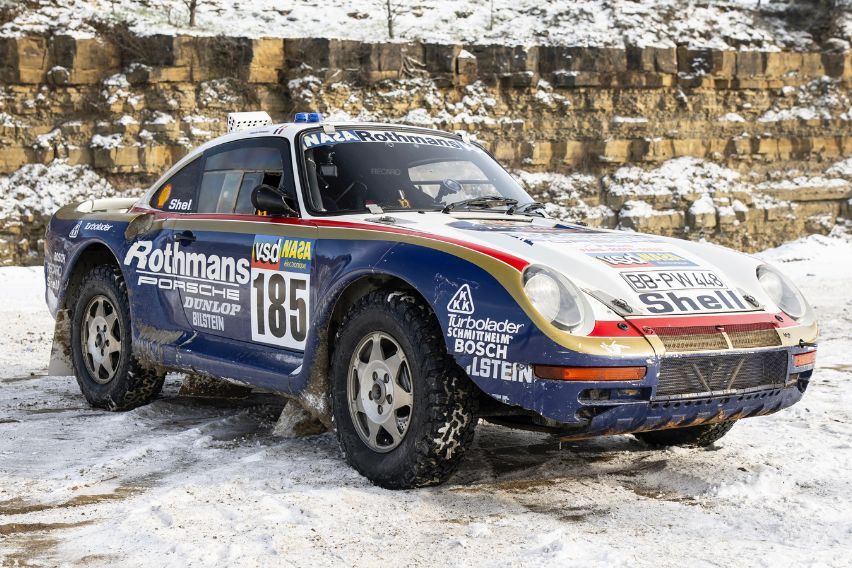
In the 1980s, the crew spent two years converting the 959 into a rally car. Double shock absorbers were installed on the front axle to strengthen the suspension, and all-terrain tires were added. The electro-hydraulically controlled center differential dispersed the power variably between the front and rear axles if the road surface did not call for all-wheel drive. The Porsche could therefore go at a maximum speed of 210kph.
Racing director Peter Falk recounted the first three rallies — 1984 with the 953 and the next two years with the 959 Paris-Dakar.
“It was really great that we got all the cars across the finish line and won the race at our first attempt then Mr. Bott said: ‘We have to go again, once isn’t enough.’ Then, in 1985, all three of our cars dropped out of the race. That was devastating. After that, we were determined to race again. Even though we were all a bit sick of the whole thing after losing everything then in 1986, we did it again. All three cars finished and we had a 1-2 victory,” Falk shared.
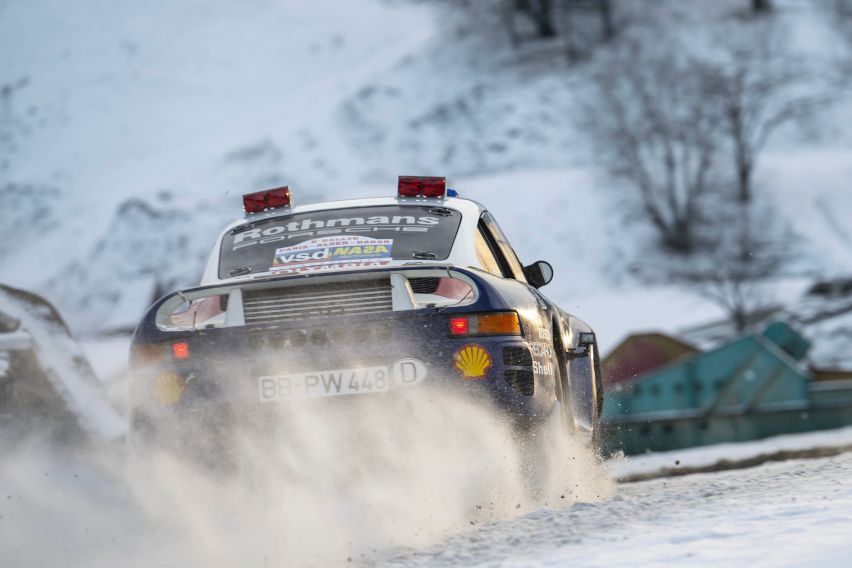
The second-placed car from 1986 was still in excellent condition, so those in charge of the recommissioning were able to maintain as many original parts as possible. “We want to keep the original condition and only lightly overhaul the car while eliminating any technical flaws,” Werner said.
The 959 Paris-Dakar covered over 18,000km, or the length of the rally plus a few thousand kilometers. The air/water-cooled flat-six engine in the rally car had compound turbocharging, just like its counterpart in series production. The low-quality fuel caused the six-cylinder engine's power to drop to 400ps.
“The 959 Paris-Dakar is a prototype, one of the reasons why its recommissioning is such an emotionally charged affair,” Porsche Classic Factory Restoration Head Uwe Makrutzki stated. “In 1986, the car faced a challenge, and now we faced another one.”
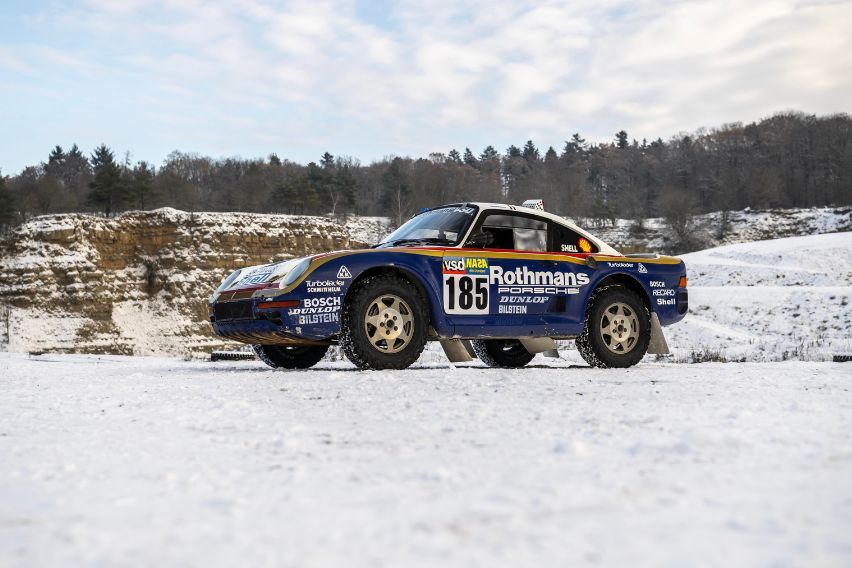
The teams of Makrutzki and Werner collaborated closely and thoroughly discussed everything. For the project, Porsche Classic dismantled, overhauled, and reassembled the engine, gearbox, and drivetrain. All of the parts have minimal to no damage.
“The car was in very good condition, with no major defects or corrosion. As with any restoration with the specific mission of preserving as much substance as possible, the team looked at each part individually and made partial repairs where this was unavoidable. Many of the original parts had near-series production prototype status,” Werner added.
Porsche optimized a number of features in the 1980s for this long-distance endurance rally, including the installation of the engine control units (ECUs). These were placed high up in the vehicle in order to allow the vehicle to traverse rivers without the ECUs being destroyed. Porsche infused the vehicle with motorsport DNA by perforating the aluminum support and preparing the oil cooler and oil lines behind the rear wings for the rally. Porsche drilled holes into the brake discs and chose to use a body, doors, and bonnet made of Kevlar to further reduce weight. Thus, the engineers in Stuttgart were able to produce a vehicle with a relatively low dry weight of 1,260kg.
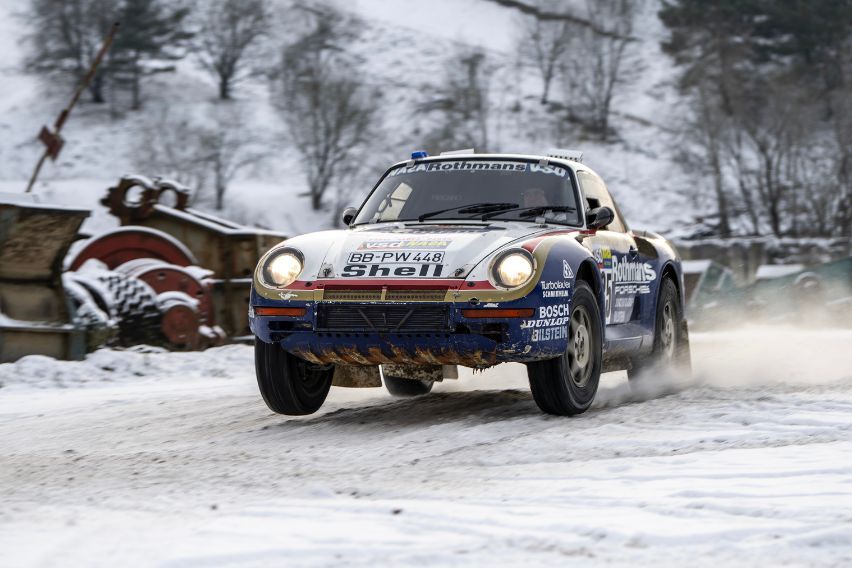
The vehicle will be on display at the Retro Classics event in Stuttgart from February 23 to 26 as part of the “75 Years of Porsche Sports Cars” special exhibition. The first three episodes of the documentary 959 Paris-Dakar are now available on the Porsche YouTube channel. The next parts will be released on February 9 and 11.
Photos from Porsche
Also read: Double victory for Wehrlein at Diriyah E-Prix with Porsche 99X Electric Gen3
Sell your car at the best price
 Verified and genuine buyers
Verified and genuine buyers
Porsche Car Models
Trending & Fresh Updates
- Latest
- Popular
You might also be interested in
- News
- Featured Stories
Porsche Featured Cars
- Latest
- Popular
Latest Porsche Car Videos on Zigwheels

Porsche Car Articles From Carmudi
- journal

